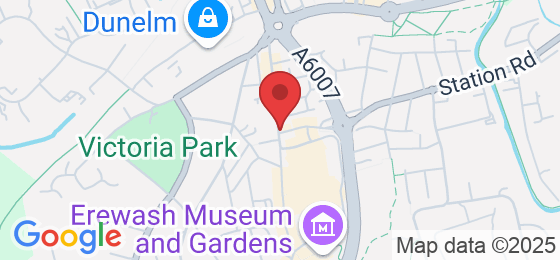
Is Your Achilles Pain Holding You Back? Here’s When to See a Specialist
The Achilles Dilemma
You're not alone if you've ever felt nagging, sharp discomfort at the back of your heel. Achilles pain is common, especially for active individuals who balance work, fitness, and social commitments. People like Ben often push through the pain, hoping it will disappear. But when should you stop, listen to your body, and seek professional help?
Understanding Achilles Pain
The Achilles Tendon is the largest in the body. It connects the calf muscles to the heel bone and is vital for walking, running, and jumping. While occasional soreness after intense activity can be expected, persistent Achilles pain is a sign that something isn’t right.
Common Causes of Achilles Pain
Achilles Tendinopathy: Chronic overuse leading to micro tears and degeneration.
Achilles Tendonitis: Inflammation due to repetitive strain.
Partial Tears: Caused by sudden, forceful movements.
Ruptures: Severe injuries are often accompanied by a “popping” sound.
Ignoring these issues can lead to more severe conditions, impacting mobility and quality of life.
When Should You See a Specialist?
While mild soreness can improve with rest and self-care, the following signs indicate it's time to seek professional help:
Pain That Persists Beyond a Week: Consult a specialist if your discomfort doesn’t improve with rest and basic home care.
Swelling and Stiffness: Particularly if it's worse in the morning or after activity.
Difficulty Walking or Standing: Achilles pain affecting your daily routine isn’t normal.
Sudden Sharp Pain or a “Popping” Sensation could indicate a tear or rupture, requiring urgent medical attention.
Recurring Issues: If your pain keeps coming back, an underlying issue likely needs professional evaluation.
What to Expect During a Specialist Consultation
At We Fix Feet, our approach is comprehensive. We don’t just treat symptoms—we identify and address the root cause. Here’s what a typical consultation involves:
1. Biomechanical Assessment
Understanding how your body moves is key. A biomechanical assessment analyses your gait, posture, and foot mechanics. This helps identify issues like overpronation or muscle imbalances that could strain your Achilles.
2. Advanced Diagnostic Tools
We may recommend imaging or diagnostic ultrasound to assess the extent of tendon damage, especially if we suspect tears or chronic degeneration.
Effective Treatment Options
Depending on the diagnosis, treatment may include:
Radial Shockwave Therapy: Stimulates blood flow, reduces pain, and promotes tissue repair.
Focussed Shockwave Therapy: Targets deep tissue damage, especially effective for chronic cases.
Sports Massage: Relieves tension, improves circulation, and supports recovery.
Custom 3D Printed Orthoses: Provides personalised support to correct biomechanical issues.
Tailored Rehabilitation Plans: Our 1-month and 3-month programs are designed to suit your lifestyle and recovery needs.
Real-Life Impact: A Success Story
Ben’s journey mirrors that of many active professionals. Initially dismissing his Achilles pain as minor, he continued running until the discomfort began affecting his work and social life. After a thorough biomechanical assessment at We Fix Feet, we identified gait issues contributing to his condition. A combination of shockwave therapy, custom orthoses, and a structured rehab plan helped Ben recover without compromising his active lifestyle.
Why Early Intervention Matters
Delaying treatment can lead to:
Chronic Tendinopathy: Harder to treat and takes longer to recover.
Risk of Rupture: Severe injuries may require surgical intervention.
Reduced Mobility: Affecting your ability to enjoy daily activities and sports.
Don’t Wait Until It’s Too Late
If you’re experiencing persistent Achilles pain, don’t ignore it. Early intervention can prevent long-term damage and help you return to the activities you love.
Contact We Fix Feet today to book an assessment and start your recovery journey.
Ask The We Fix Feet Team
Fill in the form to request a Call From Our Team
One of our team will call you for FREE and answer any questions or concerns you may have about your uncomfortable foot condition

Where To Find We Fix Feet
Our We Fix Feet podiatry clinics are conveniently located in Ilkeston, Derbyshire and Beeston, Nottinghamshire
Open: Mon-Fri 09:00-17:00 / Sat 09:00-13:00
94 Bath Street, Ilkeston, Derbyshire DE7 8FE
8 Wollaton Road, Beeston, Nottinghamshire NG9 2NR
Pay and display parking nearby




